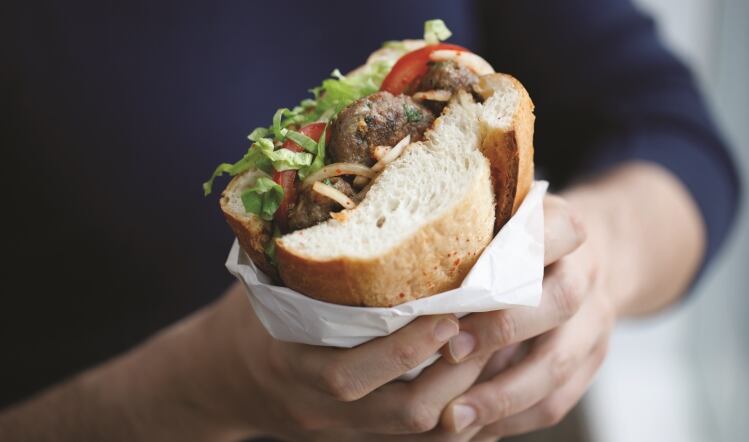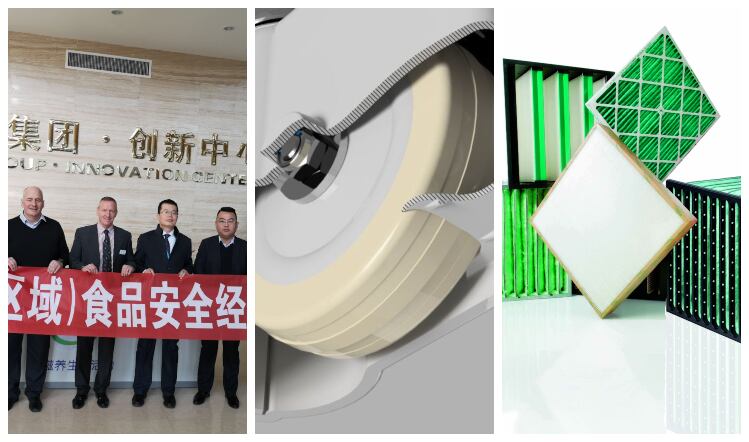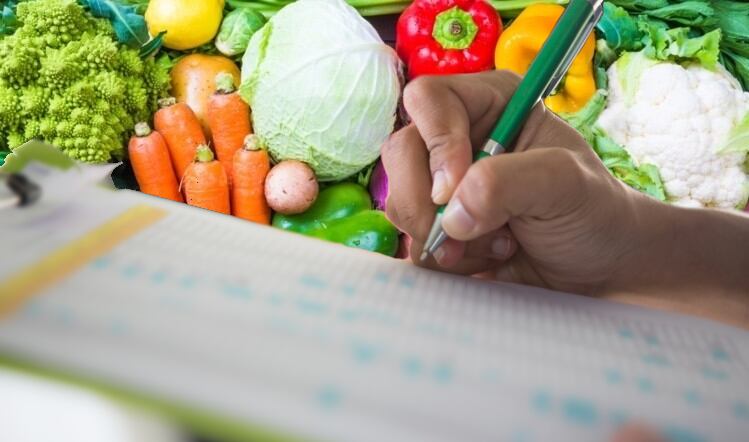BRC Global Standard for Food Safety Issue 8, the world’s most widely-applied food safety standard, was released in 2018 and auditing began in February.
One major change is the first-ever inclusion of on-pack instruction validation, known as Clause 5.2.5: Cooking (heating). This relates to the need to test cooking and heating instructions for consumers rigorously, so food is safe to eat and of acceptable quality.
Validation principles
Both can be achieved by incorporating scientific instruction validation principles at the start of new product development processes, product changes or validation of existing instructions.
To inspire confidence, heating instructions need to be meticulously validated, working to worst-case scenarios rather than averages – essential for eliminating the risk from Listeria monocytogenes, E.coli and salmonella.
The target minimum temperature and time, known as the thermal process, for most chilled and frozen products not considered ‘ready to eat’ is 70°C for two minutes or equivalent – for example, a higher temperature for a shorter time. It is imperative that this is measured in the slowest heating location (cold spot) of worst-case product samples, and this cold spot can be notoriously difficult to locate.
Calibrated appliances
Validation testing also needs to take place in calibrated appliances. For example, gas, electric and fan ovens all behave and can heat products differently, with varying air flow rates, different temperatures throughout the cavity and peak and trough temperatures as the thermostat cuts in and out.
The differences also apply to hobs, grills and microwaves (even of the same wattage) – and we haven’t even mentioned temperature measuring devices, the number of replicates or cold spot location.
Including on-pack instruction validation in BRC 8 will focus manufacturers on accounting for all variations to deliver safe products and maintain quality. It’s a big step forward.




